First observed in Canada on May 5, 2010, Red Dress Day is a national day of awareness for Missing and Murdered Indigenous Women and Girls and 2SLGBTQI+ people (MMIWG2S). On that day, Canadian Métis artist Jaime Black initiated REDress Project, an installation art project which Amnesty International describes as,
a visual reminder of the staggering number of missing and murdered Indigenous women across Canada. Black hung red dresses in public spaces, from trees to lamp posts, creating a stark contrast against the landscape, evoking both sorrow and resilience.
Citing a 2014 report, CBC Kids News reports that “1,017 women and girls who identified as Indigenous were murdered between 1980 and 2012 — a homicide rate roughly 4.5 times higher than that of all other women in Canada.”

A wall mural located in Muskogee, Oklahoma was completed by Muscogee (Creek) citizen Maddie Lamb to help bring awareness to the MMIW movement. Source: MVSKOKE Media
The Canadian Institutes of Health Research report,
In Canada, more than six in ten (63%) Indigenous women have experienced physical or sexual assault in their lifetime. The impact of these disproportionately high rates of violence is felt in all areas of life. The effects on health and wellness include inequitable access and treatment in health care and underrepresentation in health research.
Of course, the crisis of missing and murdered Indigenous women and girls is not just an issue in Canada. In the United States, Native Hope notes that, “in 2016, there were 5,712 reports of missing American Indian and Alaska Native women and girls, though the U.S. Department of Justice’s federal missing person database, NamUs, only logged 116 cases.”

People attend a memorial for Red Dress Day at city hall in Vancouver, British Columbia, on May 5, 2022. Photography by Ben Nelms/CBC. Source: CBC Kids News
Learn more about the ongoing crisis of Missing and Murdered Indigenous Women and Girls and 2SLGBTQI+ people (MMIWG2S), and see what you can do to get involved, with the resources below.
Additional Resources
The Canadian Museum for Human Rights collection on Missing and Murdered Indigenous Women, Girls and 2SLGBTQI+ People, including suggested books for children and young adults, documentaries and podcasts, and teacher resources.
 Amnesty International resources to commemorate Red Dress Day
Amnesty International resources to commemorate Red Dress Day
National Indigenous Women’s Resource Center, a Native-led organization committed to ending violence against Native women, children, and communities.
Missing and Murdered Indigenous Women & Girls: A Snapshot of Data from 71 Urban Cities in the United States, a report by the Urban Indian Health Institute showing the lack of tracking of murdered or missing Indigenous women and girls by U.S. police departments.

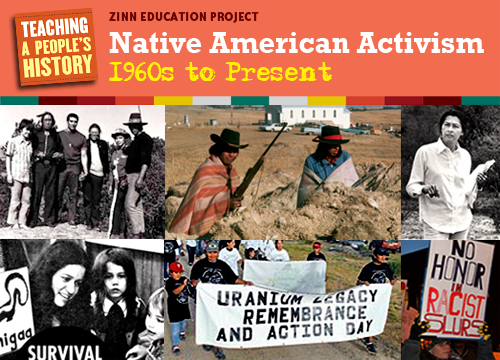
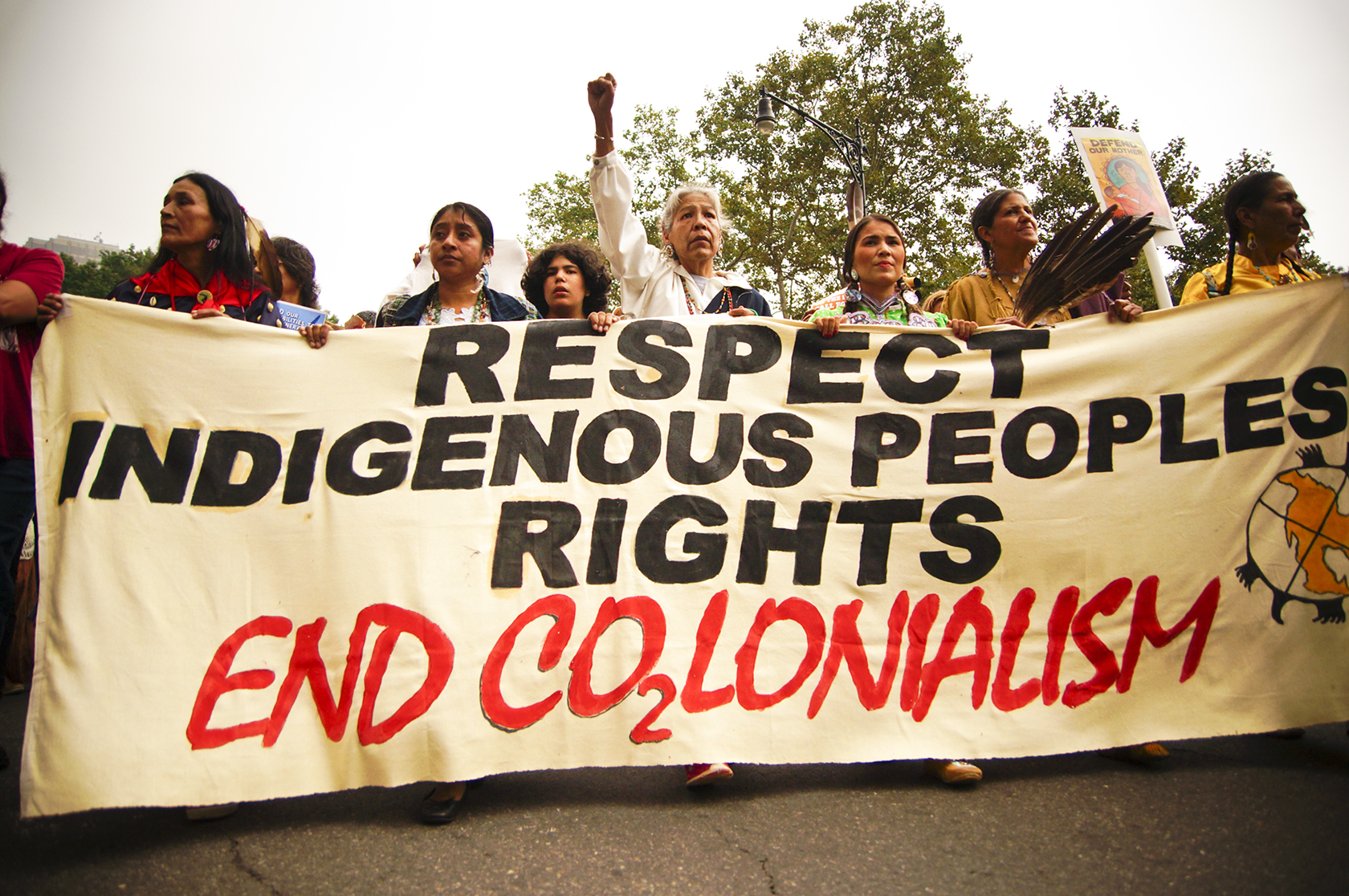
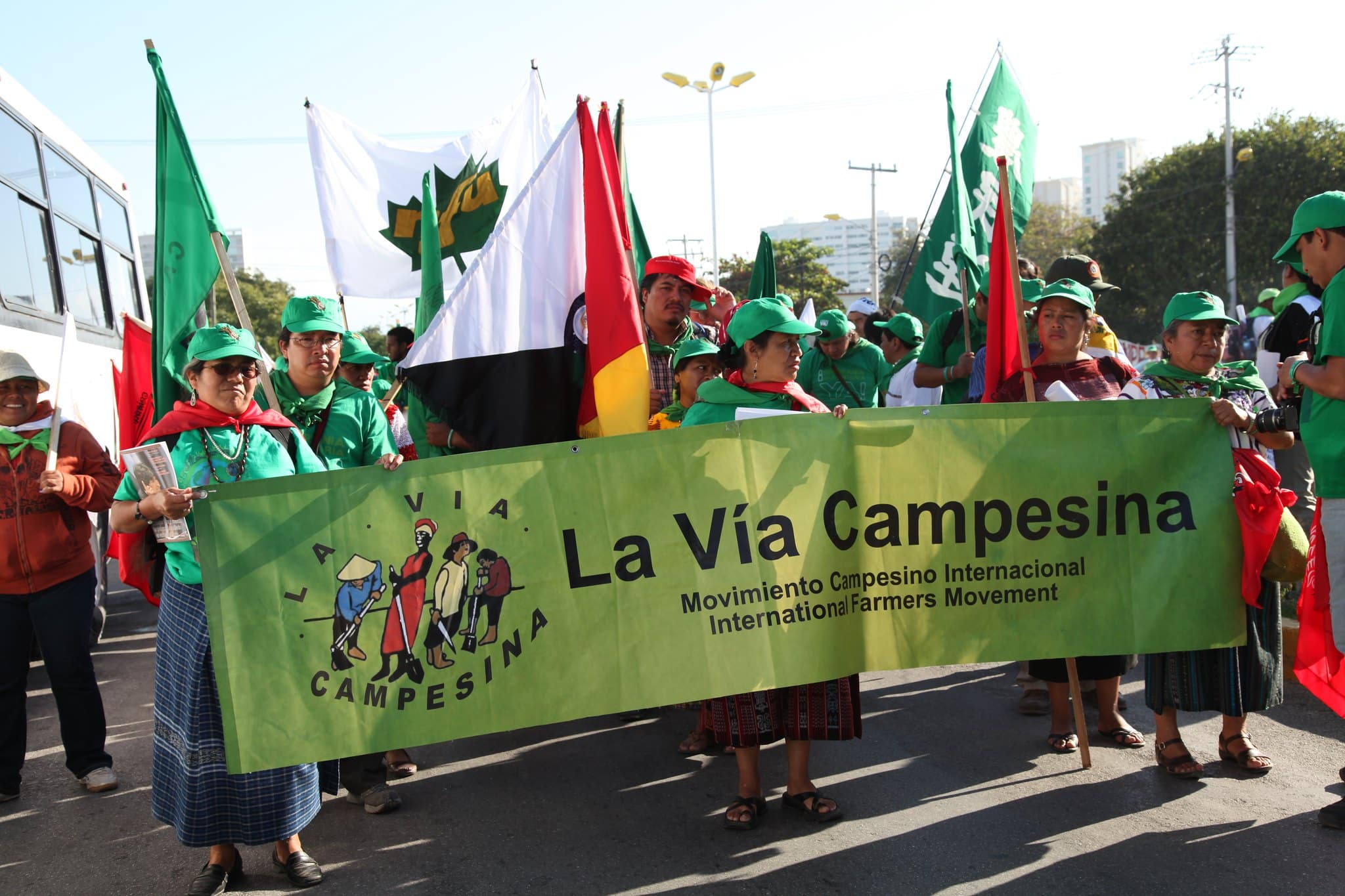
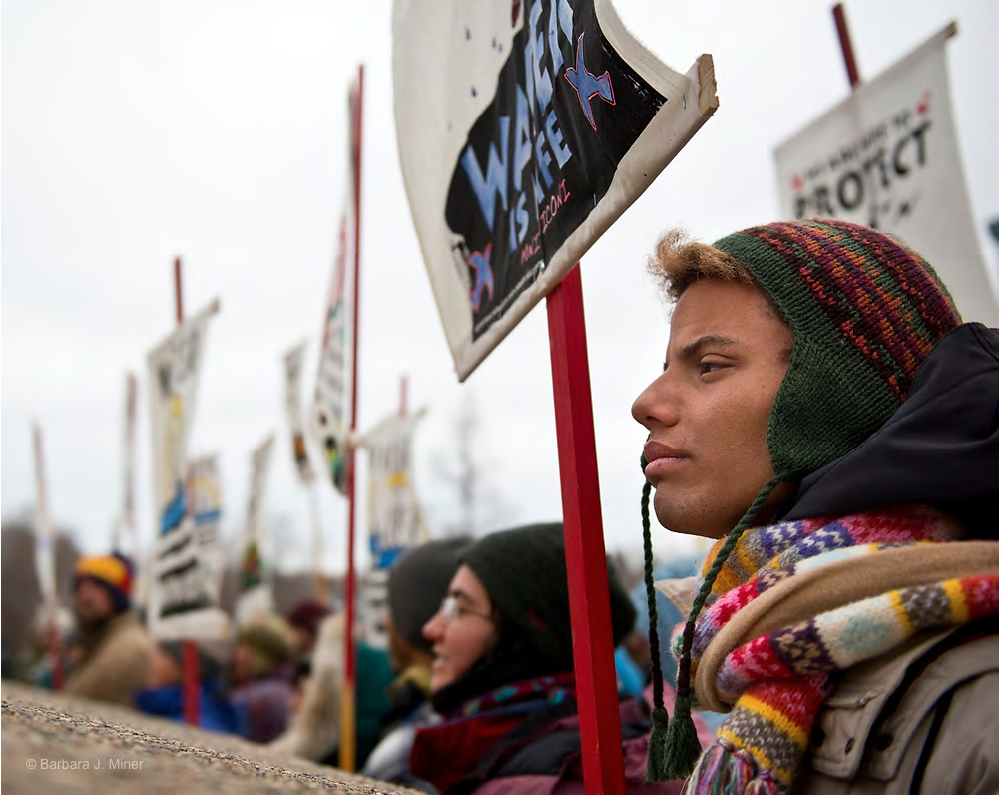
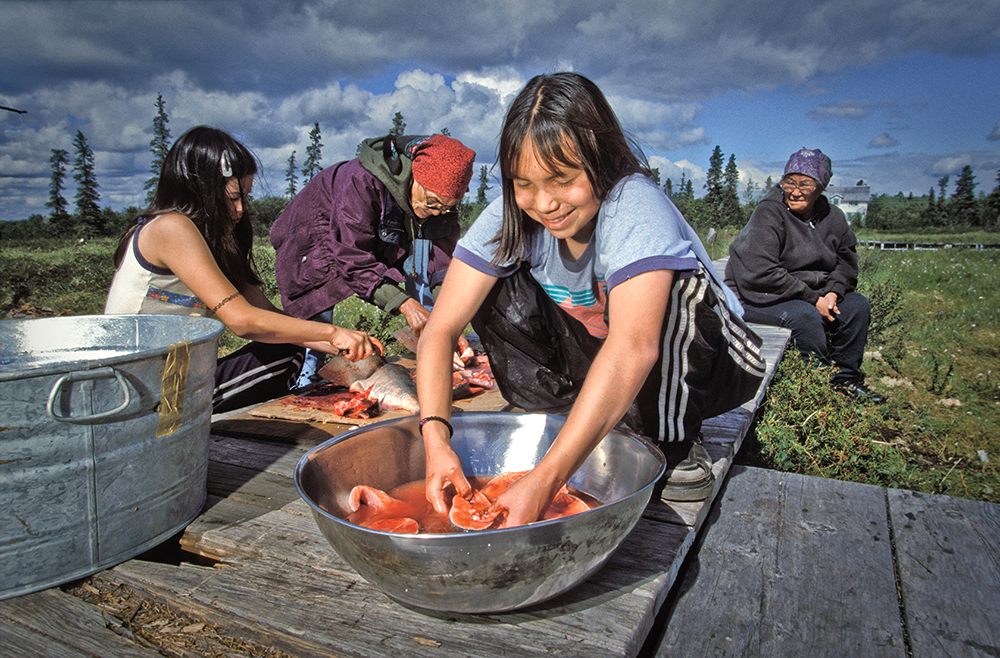
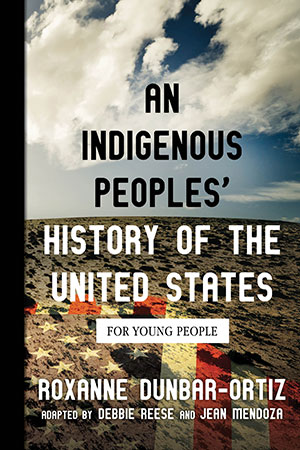

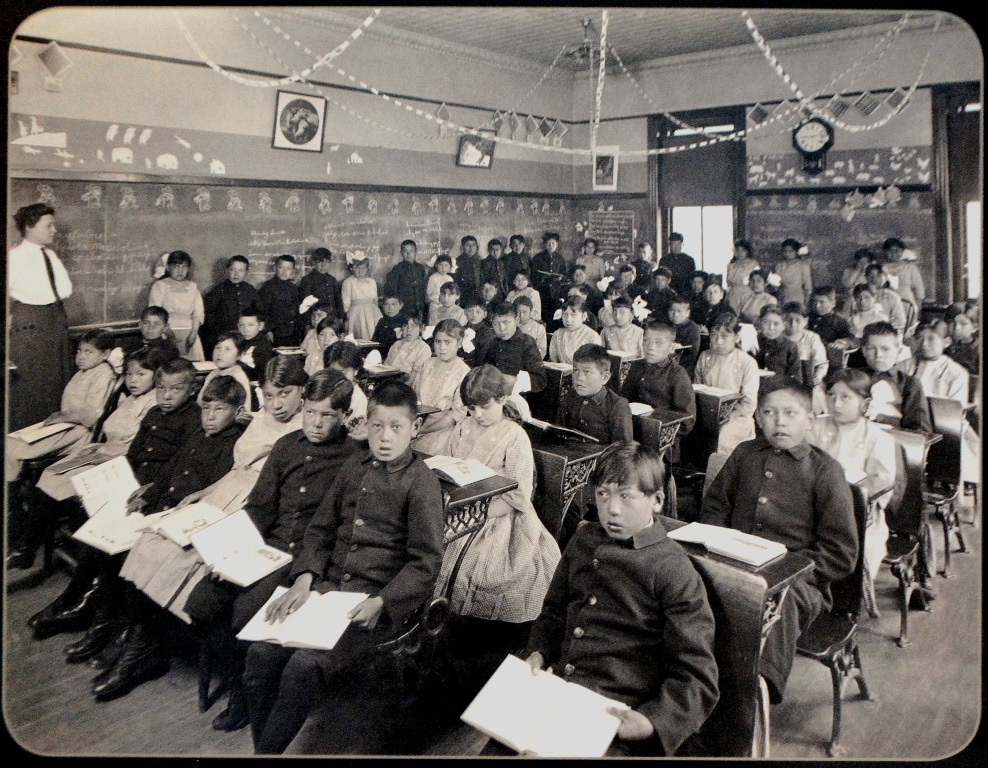

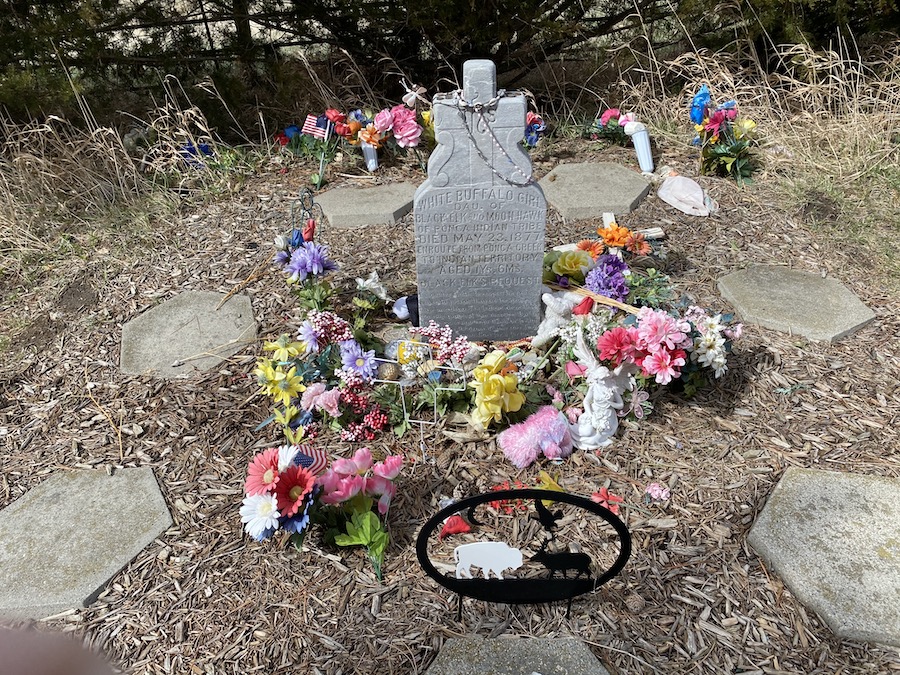





Twitter
Google plus
LinkedIn